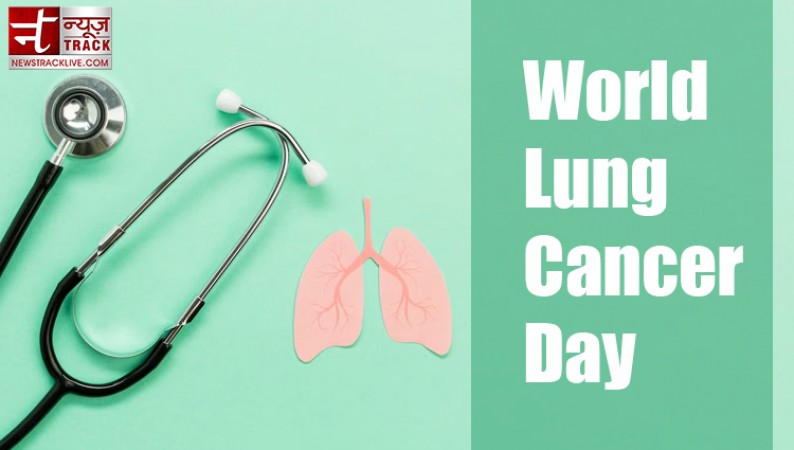
World Lung Cancer Day, observed on August 1st each year, serves as a poignant reminder of the global impact of lung cancer and the urgent need to raise awareness about its prevention, early detection, and treatment. Lung cancer remains one of the most prevalent and deadly forms of cancer worldwide, affecting millions of individuals and their families. On this significant day, we come together to stand united in the fight against lung cancer, promoting education and actions that can help protect lung health and reduce the burden of this disease.
Understanding Lung Cancer: Lung cancer occurs when abnormal cells grow uncontrollably in one or both lungs. It is categorized into two main types: non-small cell lung cancer (NSCLC) and small cell lung cancer (SCLC). NSCLC accounts for about 85% of all lung cancer cases, while SCLC makes up the remaining 15%. The leading cause of lung cancer is tobacco smoking, which is responsible for roughly 80-90% of all cases. However, non-smokers can also develop lung cancer due to various risk factors such as exposure to secondhand smoke, environmental pollutants, radon gas, occupational hazards, and genetic predisposition.
Raising Awareness and Early Detection: World Lung Cancer Day aims to raise awareness about the risk factors, symptoms, and importance of early detection. Early-stage lung cancer may not exhibit noticeable symptoms, making it challenging to diagnose in its initial phases. As the disease progresses, symptoms such as persistent cough, chest pain, shortness of breath, weight loss, and fatigue may manifest. By educating the public about these warning signs, we can encourage individuals to seek medical attention promptly, leading to earlier diagnosis and better treatment outcomes.
Preventing Lung Cancer: Preventing lung cancer primarily involves adopting lifestyle changes and avoiding risk factors. Here are some essential steps individuals can take to protect their lung health:
Quit Smoking: If you smoke, quitting is the single most effective way to reduce your risk of lung cancer and numerous other health issues. Seek support from healthcare professionals, support groups, or quit-smoking programs to increase your chances of success.
Avoid Secondhand Smoke: Limit exposure to secondhand smoke, as it can also increase the risk of lung cancer. Encourage smoke-free environments in public places and at home.
Reduce Environmental Exposures: Minimize exposure to harmful pollutants, chemicals, and radon gas, which are known carcinogens. Ensure proper ventilation in living and working spaces.
Embrace a Healthy Diet: Eat a balanced diet rich in fruits, vegetables, whole grains, and lean proteins. Adequate nutrition strengthens the immune system and promotes overall health.
Engage in Regular Exercise: Regular physical activity can enhance lung function and overall well-being, reducing the risk of lung cancer.
Get Screened: High-risk individuals, such as current or former heavy smokers, should consider annual lung cancer screening with low-dose CT scans. Early detection can significantly improve survival rates.
Immunization: Ensure you are up-to-date with vaccinations, including those for influenza and pneumonia. These infections can be particularly dangerous for individuals with compromised lung health.
Supporting Lung Cancer Patients: World Lung Cancer Day is also an opportunity to show support and solidarity with those affected by lung cancer. Individuals, communities, and organizations can get involved by organizing fundraising events, awareness campaigns, and educational programs. Support for patients, survivors, and caregivers is vital in their journey to cope with the challenges posed by this disease.
World Lung Cancer Day provides a platform to unite people around the globe in the fight against lung cancer. By raising awareness, promoting prevention measures, and supporting patients and their families, we can collectively work towards reducing the impact of lung cancer on society. Let us use this day as a catalyst for change, inspiring positive action, and advocating for healthier lifestyles to protect our lungs and ultimately save lives. Together, we can make a difference in the battle against lung cancer.